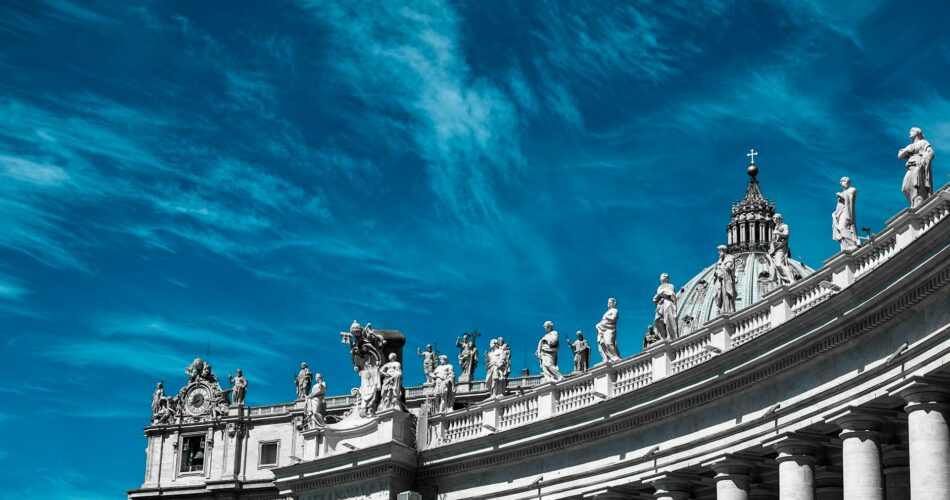He called Pope Francis a ’servant of satan.’
Archbishop Carlo Maria Viganò, aged 83, former Vatican ambassador to the United States from 2011 to 2016, disclosed on Thursday via X that he has been summoned to an extrajudicial trial at the Vatican for alleged “schism,” scheduled for June 20. This summons, issued by the Vatican’s Dicastery for the Doctrine of the Faith, could potentially lead to his excommunication from the Roman Catholic Church. Viganò has long been known for his outspoken criticism of Pope Francis and certain aspects of the Second Vatican Council.
In response to the summons, Archbishop Viganò expressed defiance, considering it an “honor” despite anticipating a pre-determined outcome in what he described as an extrajudicial process. He posted the official decree outlining the charges against him, which he believes validate his longstanding positions and criticisms.
The Vatican’s Dicastery for the Doctrine of the Faith has not yet publicly commented on Archbishop Viganò’s case. However, Vatican Secretary of State Cardinal Pietro Parolin expressed regret over the situation, acknowledging Viganò’s past contributions while lamenting the necessity for him to be held accountable for his recent actions.
Archbishop Viganò has been a controversial figure in the Catholic Church, particularly for his calls for Pope Francis’s resignation and his allegations of corruption and moral failings within the hierarchy. His accusations have included claims of cover-ups regarding sexual abuse scandals and criticisms of recent Vatican policies, such as those concerning same-sex relationships.
The ongoing saga reflects broader tensions within the Catholic Church regarding doctrinal interpretations and reforms initiated under Pope Francis. Viganò’s steadfast opposition underscores deep divisions among clergy and faithful, highlighting the challenges faced by the Church in navigating contemporary issues while maintaining doctrinal integrity and unity.
As the ecclesiastical proceedings against Archbishop Viganò unfold, they are likely to continue attracting significant attention and debate both within the Church and beyond, impacting perceptions of leadership and authority within one of the world’s oldest and largest religious institutions.
